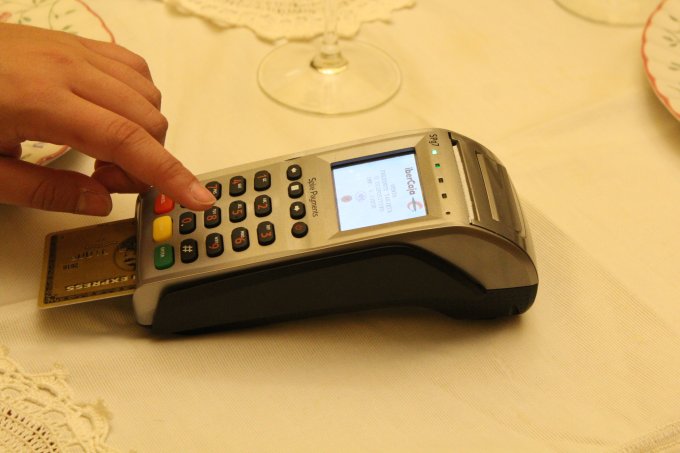Seasonal business is an opportunity for some small sellers to make a big profit. Until now, fiscal solutions have not supported them in increasing turnover, and the lack of flexible approach to the contract of a leased payment terminal significantly reduces their revenues.
Selling souvenirs, toys, seasonal vegetables or fruit is a business that is attractive especially in summer. Moreover, holidays are a time of festivals, food trucks or outdoor events. High attendance at such places is a chance for seasonal business owners to win a customer and a considerable turnover. However, apart from promising profits, entrepreneurs are also faced with challenges. Trade, including seasonal trade, usually involves the obligation to record sales on fiscal equipment. Having a terminal is not required, although it brings measurable benefits - card transactions account for between 30 and 40 percent of total turnover at small points of sale.
So why don't 80% of small retailers decide to have a payment terminal?
Although, as a rule, seasonal business operates only for a certain period of time in the year, sellers incur additional costs related to their business, such as: purchase of appropriate equipment and assortment and renting premises or space for trade. This means that they do not always decide to offer their customers non-cash payments, the provision of which means additional costs and liabilities. Buyers are often irritated by the lack of possibility to pay with a card.

What is almost obvious to customers, however, can be costly to sellers. The expenses that a merchant has to incur to offer card payments at his point of sale also apply to the lease of a terminal. A lease is associated with a long-term contract, usually concluded for 24 months, without the possibility of giving up the service at the time of suspension. After the end of the summer season, the merchants are obliged to pay for the terminal for a few months and lose several hundred PLN. In the context of an entrepreneur running a seasonal business, signing such a contract is unprofitable.
The solution to this problem is the emergence of a new product category - cash terminals, which combine the features of a payment terminal and a fiscal device. At a price comparable to a fiscal cash register, the retailer receives a solution that handles card payments and does not involve signing a long-term contract. The merchant owns the whole solution and can set the card payment in the form of a service: he pays for it only in those months when he uses it. This model changes the perspective of looking at seasonal business, all the more so because it is much cheaper and more profitable than renting a terminal. Most seasonal businesses are either mobile or have no fixed location. They are often part of a larger, dispersed chain of stores. Online cash terminals make it very easy to manage this type of facilities. Remote observation of sales results or the possibility of monitoring the stock on any device with a browser, without the need to visit the shops, are ideal solutions for such shops.









